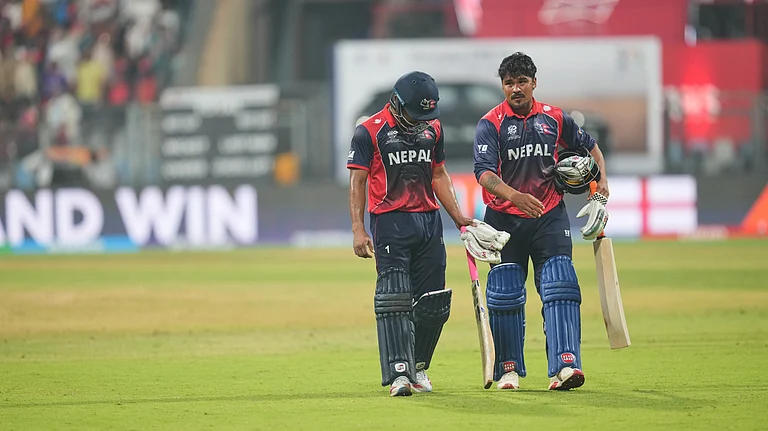Again, how different was the reality! Shyam Bhatia, a journalist with a flair for writing readable books, chronicles the tumultuous career of the Sind-born and Harvard-Oxford-educated shahzadi (princess). He is at ease with the courtly, delicate, civilised, sensitive BB. Son of journalist Prem Bhatia, Shyam met Benazir in 1973 and found her "captivating, charismatic, and intriguing". The impression remained unchanged despite their friendly clash over many issues. Hemmed in by the army and the bureaucracy, Benazir could only move haltingly towards an entente cordiale with India.
It may be a bit harsh to judge Benazir so soon after her tragic death, but there can be no doubt that she and her father have added to Pakistan’s woes—institutional slump, governance crises, Muslim fundamentalism and sectarian violence. Riding on the crest of popular waves (Bhutto in 1970, 1977, and Benazir in December 1988), they squandered the opportunity to reshape the country, to break the stranglehold of the civil-military oligarchy, and to create a multi-party system that would aggregate and synthesise the interests of Pakistan’s disparate groups. To top it all, Shyam Bhatia cites the Amnesty International report’s indictment of the Benazir government for its poor human rights record.
"We can’t run wild on Islam; it is Pakistan first and last," said Iskander Mirza. Bhutto and Benazir encouraged the Big Brother with his rabble-rousers, judges and executioners, ready to cut down dissenters. I believe that while the father institutionalised theocracy against the people’s wishes, the daughter showed little enthusiasm for pursuing a socially radical agenda. Hence divisions, ruptures and bitterness increased. As Mir Taqi Mir, the 18th century Urdu poet, wrote: "Here, if you speak, they crucify you."
Shyam Bhatia tells us about Benazir’s liberal commitments and eclectic worldview, but he also points to the blemishes in her legacy. She did not look for a new direction for herself and her country. Nor did she possess the capacity to create a secularised state and to confront the powerful political trends towards authoritarianism. By contrast, the Indian political leadership succeeded in building solidarity through connective structures and collective identities.
With inimitable assurance Bhutto told his prosecutor in jail: "The Himalayas will weep if I am harmed." The mountains were unmoved when Zia-ul Haq signed his death warrant. The mourning period for Benazir’s death will be prolonged if the recent initiatives towards a democratic society fail to materialise.
Goodbye Shahzadi is not a researcher’s delight, but a testimony to the trials and tribulations of a friend. The tone is mild. One hopes Shyam’s lucid narrative and his insatiable zest for the return of democracy in Pakistan will help to keep the spark aglow, and a democratic fire will someday kindle in our neighbourhood.


























